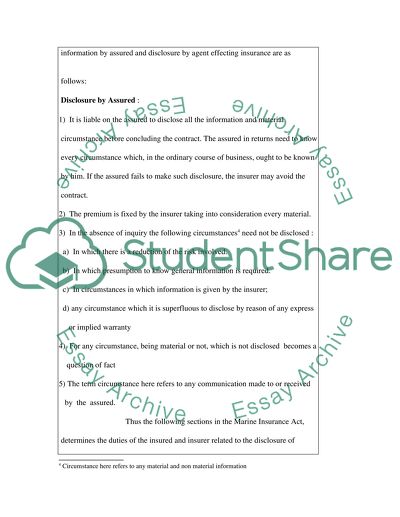Cite this document
(“Marine Insurance Law & Salvage, Collisions, Admiralty Jurisdiction & Essay”, n.d.)
Retrieved from https://studentshare.org/law/1537423-marine-insurance-law-salvage-collisions-admiralty-jurisdiction-general-average
Retrieved from https://studentshare.org/law/1537423-marine-insurance-law-salvage-collisions-admiralty-jurisdiction-general-average
(Marine Insurance Law & Salvage, Collisions, Admiralty Jurisdiction & Essay)
https://studentshare.org/law/1537423-marine-insurance-law-salvage-collisions-admiralty-jurisdiction-general-average.
https://studentshare.org/law/1537423-marine-insurance-law-salvage-collisions-admiralty-jurisdiction-general-average.
“Marine Insurance Law & Salvage, Collisions, Admiralty Jurisdiction & Essay”, n.d. https://studentshare.org/law/1537423-marine-insurance-law-salvage-collisions-admiralty-jurisdiction-general-average.


